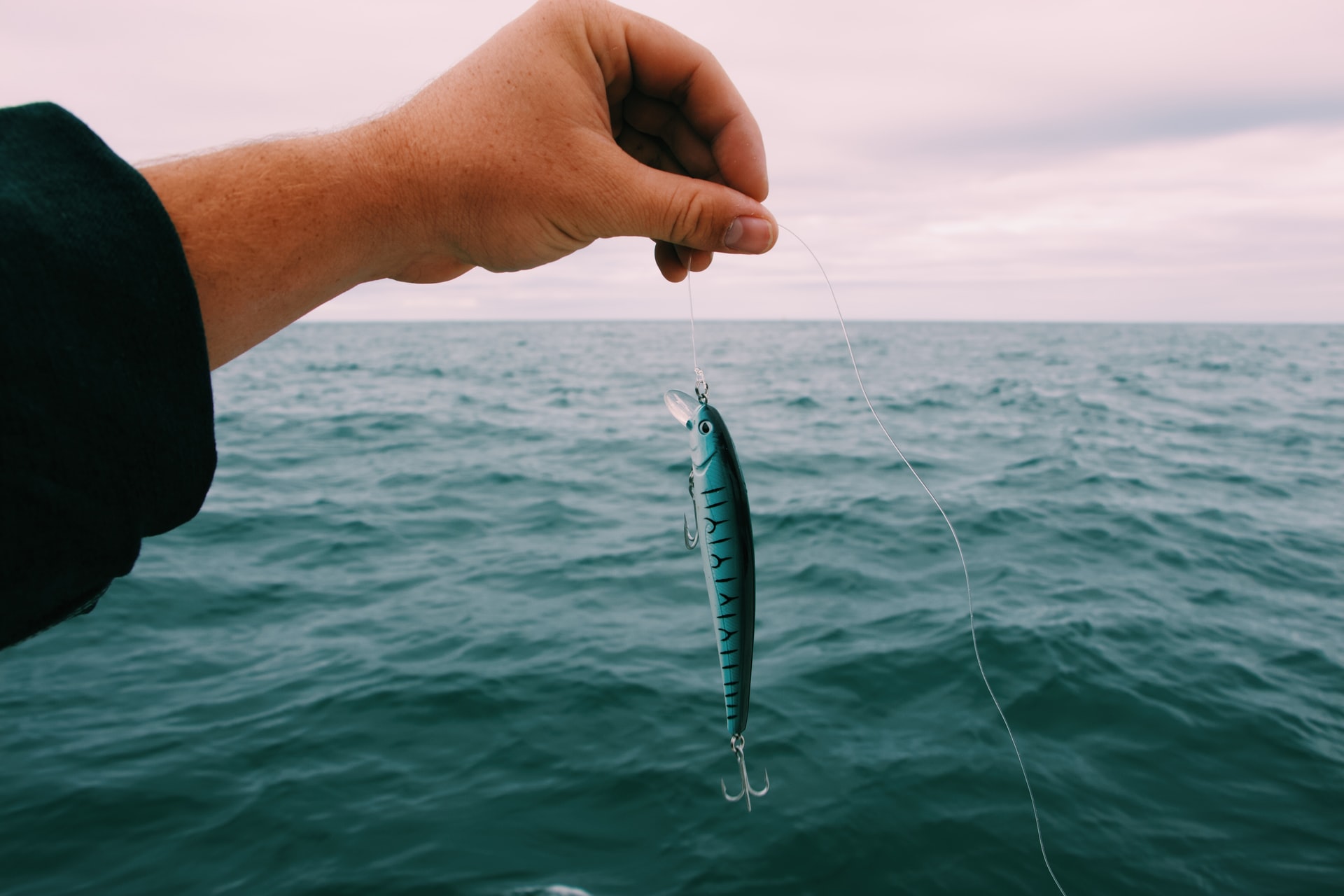No matter how good of an angler you are, you’ve probably had a fish or two escape your gear (I know I have!). If this is the case, then you might be wondering “what happened to that fish?”.
Do fish hooks dissolve in fish’ mouths? Do fish manage to break free from the hook? Or Do they eventually die from having punctured flesh? At some point, every angler has such questions running through their mind, the difference is, you’re trying to seek answers.
The good news is, we did the research so you don’t have to. So keep reading to find out what happens after losing a hook in the waters.
Do Fish Hooks Dissolve?
So do fish hooks dissolve in fish’ mouths? Yes, it’s possible for fish hooks that are lost or left in fish’ mouths to dissolve naturally.
However, whether a hook dissolves or not as well as the time it takes to dissolve depends on several factors such as the material of the hook, the type of hook, the type of fish, and freshwater vs saltwater conditions.
How Long does it Take for Fish Hooks to Dissolve?
While some fish do eventually die from swallowing the hooks, most hooks will either dissolve over a period of a couple of months up to a few years, get wrestled free by the fish in a span of hours or days.
Factors Affecting the Rate of Decay of a Fishing Hook
If you catch and release a fish with a fishing hook in its mouth or if you simply lose a fishing hook in the water, one thing is for sure – that hook is staying around for a while.
Over time, though, it’ll start breaking down and rusting away due to natural processes. Now, let’s take a closer look at the decay factors that affect how long it takes a hook to dissolve:
Age of the Hook
The first thing you should consider is the age of the hook you lost. As you probably already know, fishing hooks go through their fair share of wear and tear during their time of use.
The hook you left or lost may be unclean, bent, and heavily exposed to water. The quality and life expectancy of any type of fishing hook will significantly drop under such treatment.
As a result, if you lose a fishing hook that you’ve been using for a long time, chances are it’ll dissolve a lot faster than a new one because it won’t have as much of its original coating and natural integrity.
Still, age is not the only factor that can alter the rate of dissolving a fishing hook’s metal.
The Material of the Hook
The material or metal used to make the hook is also an important factor to keep in mind. Hooks that are made of wire aren’t usually treated by protective coatings, so they tend to wear away faster than stainless steel hooks.
All different materials will break down given enough time, but stainless steel will generally take longer than many others.
The Size and Thickness of the Hook
The size and thickness of the hook also matter. As one would expect, smaller hooks will dissolve faster than bigger ones.
Why? Well, if there’s less material, then nature needs less “effort” and, consequently, less time to wear it away.
So the rule of thumb is, the smaller the hook, the quicker it’ll get broken down. Similarly, bigger hooks used to catch large fish, thicker hooks, and hooks with multiple barbs will last for a lot longer.
Environmental Conditions
Finally, the environmental conditions surrounding the lost fishing hook can also affect its rate of decay.
For one, saltwater can dissolve metals more quickly than freshwater because it’s more abrasive.
Also, if you lose the hook in a river, the flow of the water and the friction against other objects can speed up the decay process. On the other side, slow-moving waters as in ponds and lakes will break down hooks at a slower pace.
We should consider, as well, the growth of plant life and the possibility of fish rubbing off the hook against rough stones. These would cause faster weakening or wearing of metal.
How to Avoid Losing Fishing Hooks
While there’s always a risk of losing a hook or lure when you go out fishing, there are also a few tips and tricks that can help you prevent this scenario from happening too frequently. Here’s a simple guide:
- You should always use high-quality hooks. If you’re using hooks that are quite old, bent, or rusted, they’ll be more likely to break or get torn off. As we mentioned earlier, higher quality hooks will take a longer period to dissolve if lost. However, there’s a better chance that you’ll be able to hold onto them for more time.
- If your line gets snagged or tangled while you’re on a fishing trip, don’t resort to cutting the line and leaving it behind – even if that’s the more convenient option. As long as it’s safe, the best thing to do is to wade out to the tangled line and try to retrieve it along with the hook. This will prevent other anglers or wildlife from getting injured by it in the future. Not to mention, it’s more considerate to others if you collect damaged or knotted fishing gear. You’ll also be helping keep the rivers cleaner.
- Don’t forget to re-tie your hooks and lines. You should do this as often as possible because using the same knot for too long will make it turn loose and break off. This is also a good way to help you become an expert fishing line knotter.
Wrap Up
So do fish hooks dissolve? Yes, they do. But the frequency and rate of this happening depend on several factors such as the material of the hook, the size of the hook, the type of fish, as well as saltwater vs freshwater conditions.

